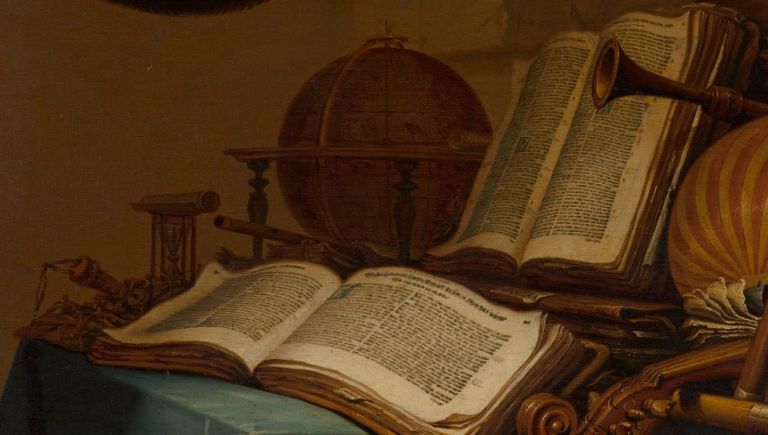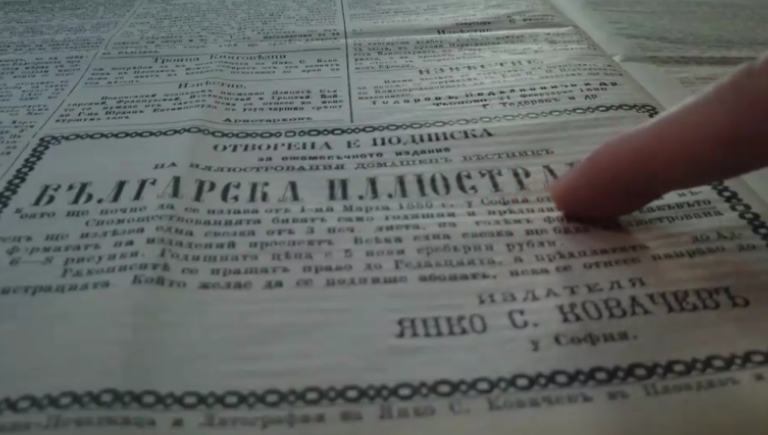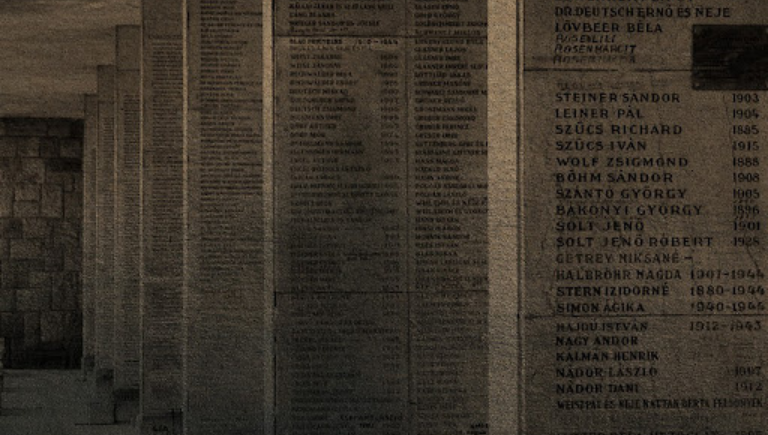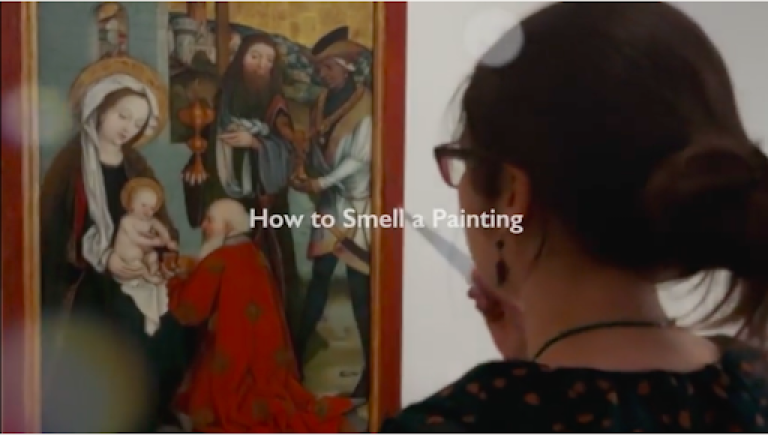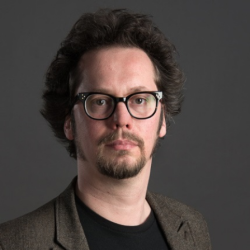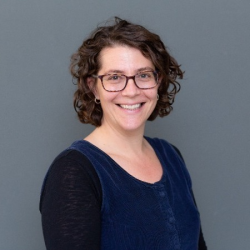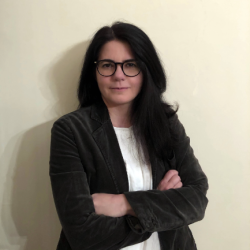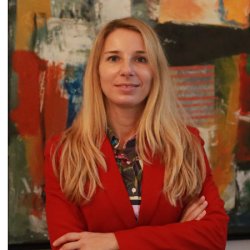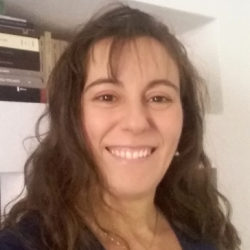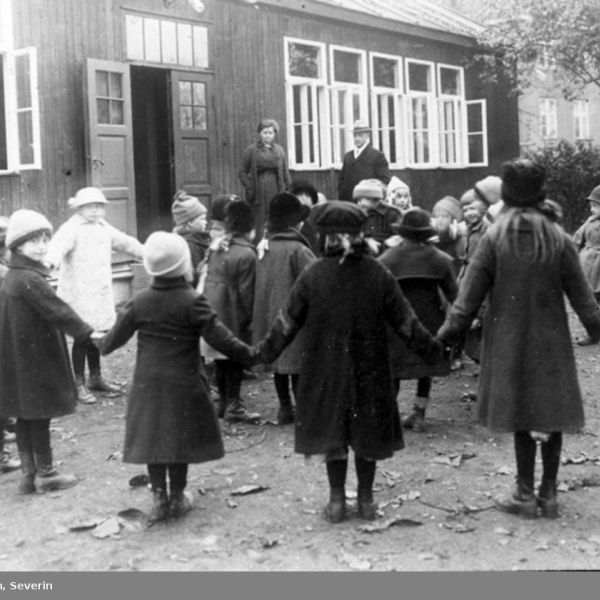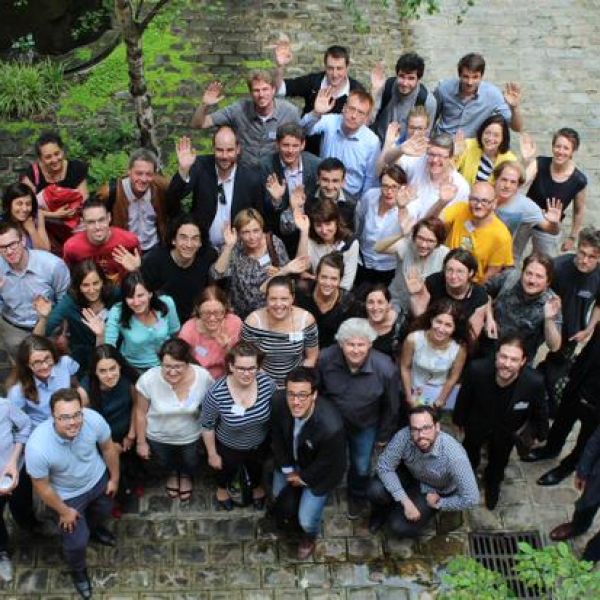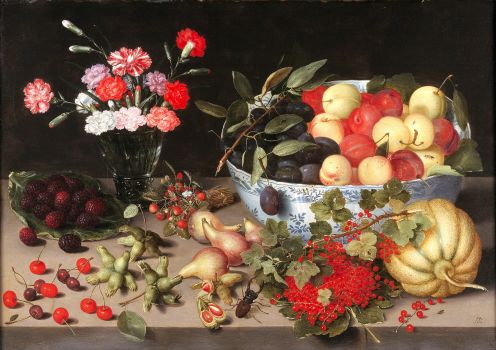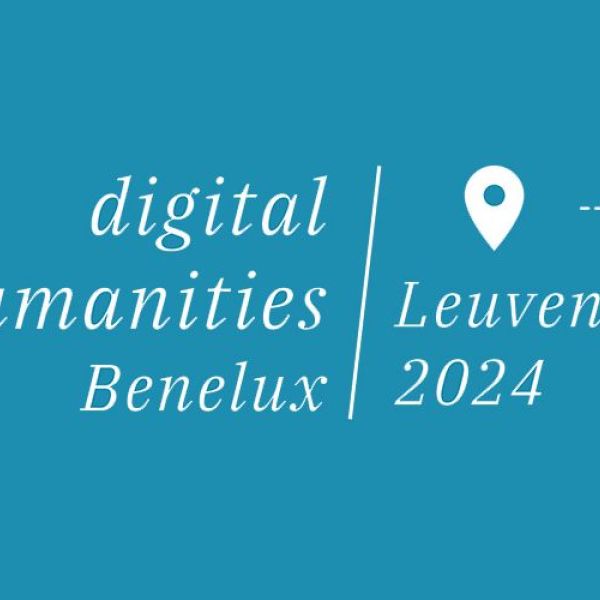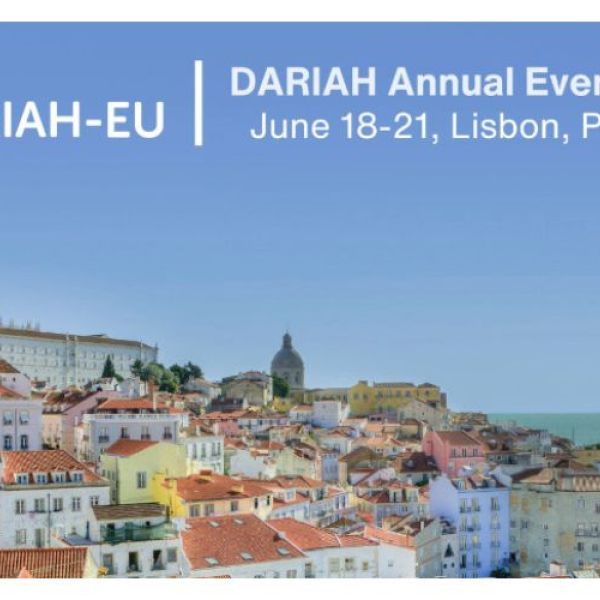Who we are
We are a community of professionals interested in cultural heritage, both as a subject and a source for research. We believe that digital collections and digital tools are a means to foster innovation and we advocate for the principles of Open Science, mostly in the Humanities sector. Our community members work at cultural or research institutions, universities and infrastructures, ministries and local governments, or the private sector.
What we do
The Europeana Research Community supports its members to gain insights into researchers’ needs and to meet them where they concern the use of digital cultural heritage. We share knowledge and experiences, promote digital literacy and explore the potential of Citizen Science. We participate in international projects. We commit to take actions that can have an impact on policy and connect the cultural heritage and research sectors.
Why join?
Benefit from our community channels to keep informed, build up your professional network and promote your activities
Raise your international profile by connecting with peers at Europeana events or in relevant research contexts
Build collaborations and partnerships in the form of projects, task forces and working groups

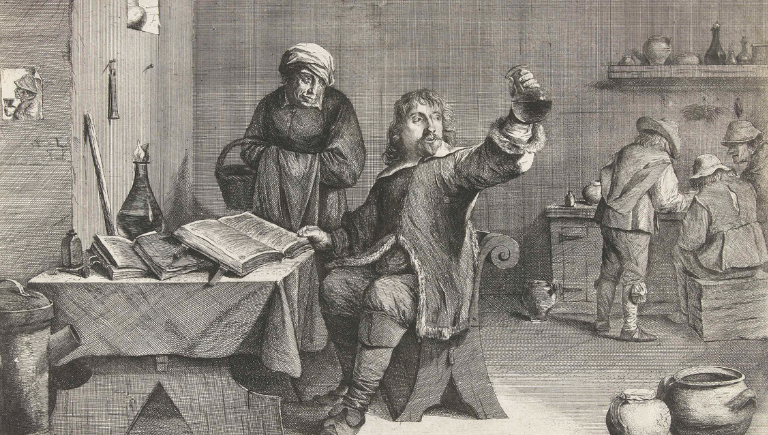
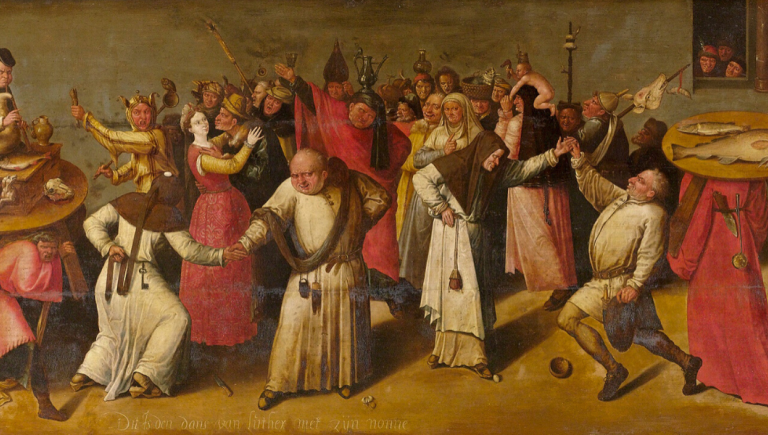
.png)
